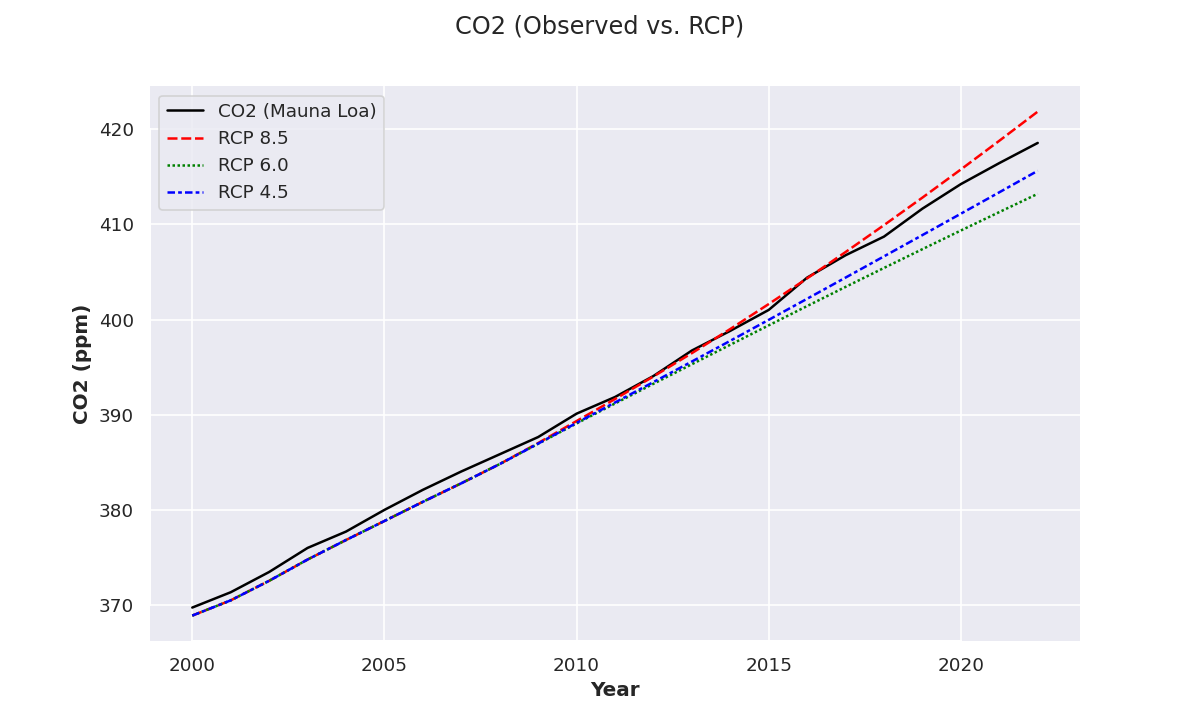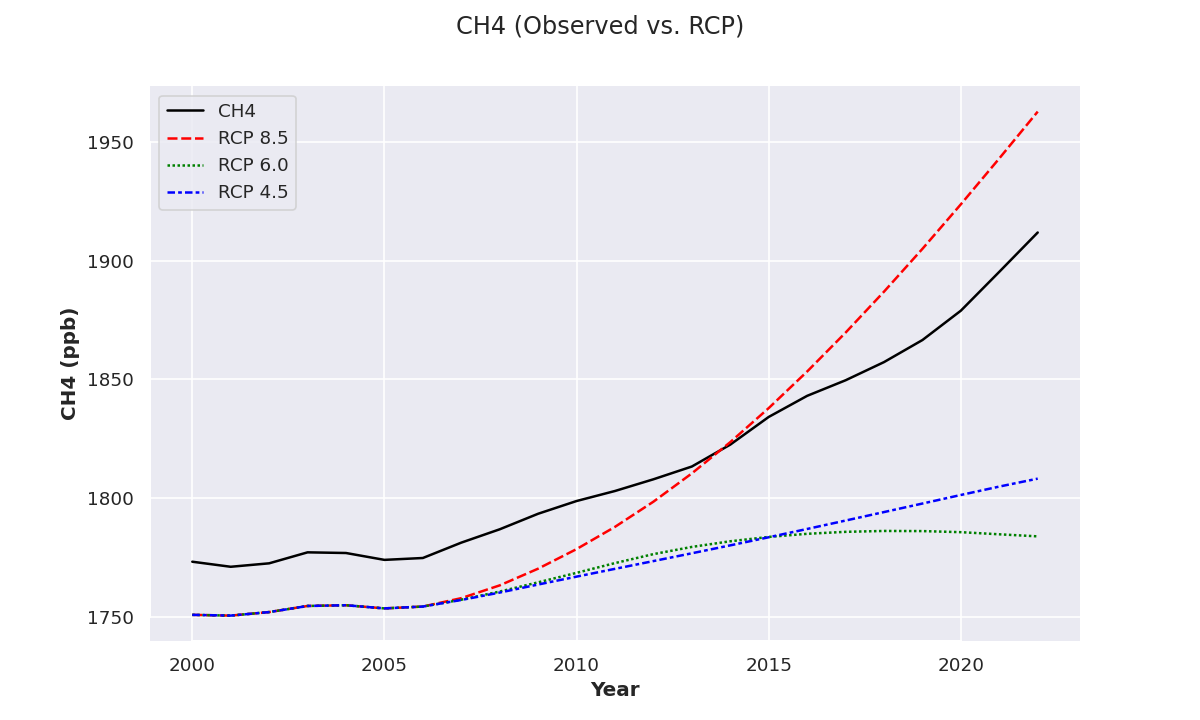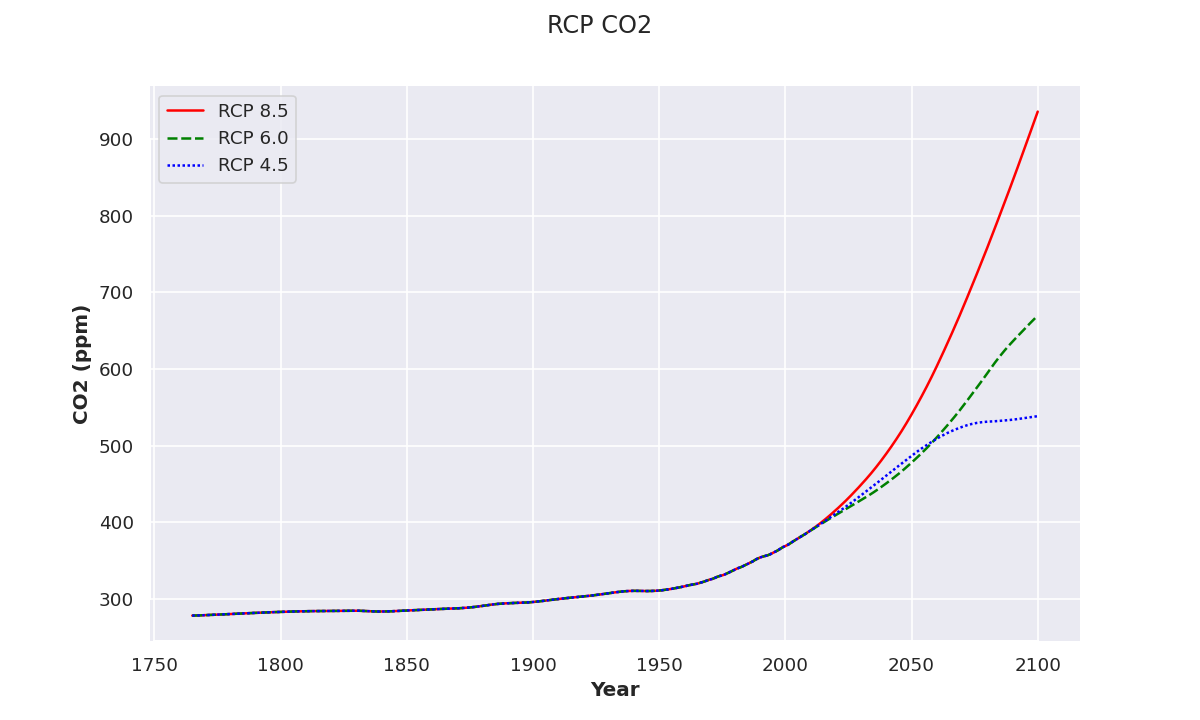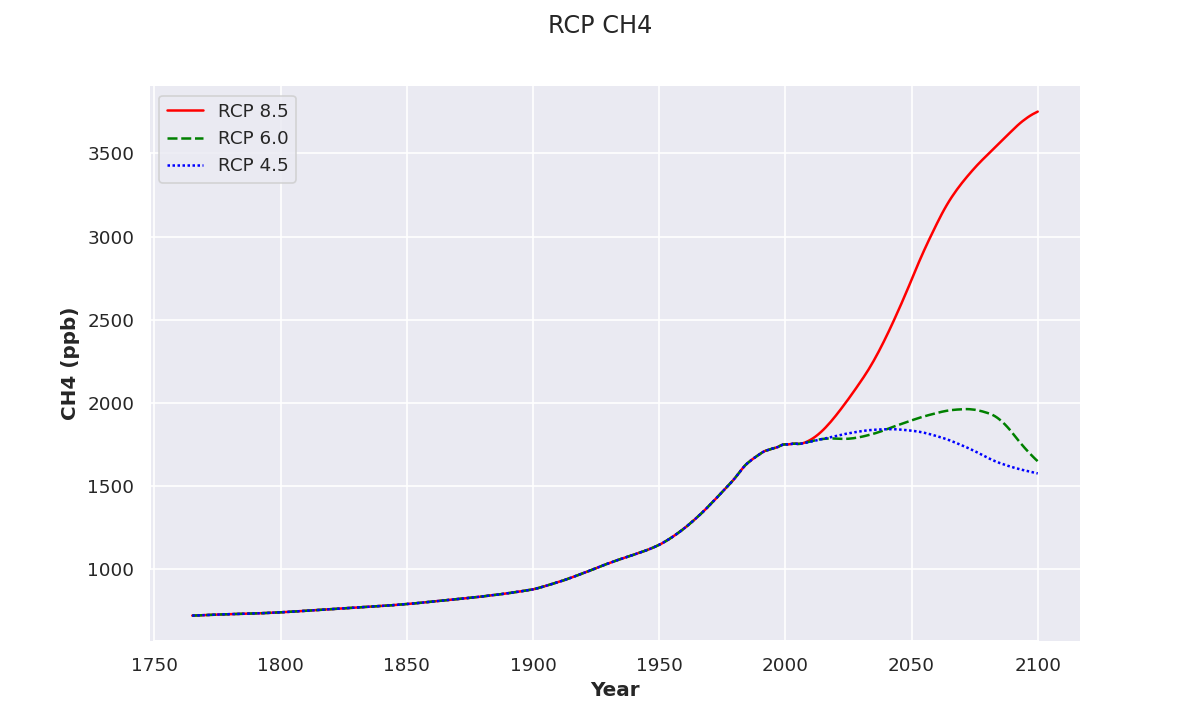







It’s a bit long for a one-liner, but this should work.
for f in /media/johann/5461-000B/DCIM/100MEDIA/*.AVI; do num=${f%.AVI}; num=${num##*IMAG}; ffmpeg -i "$f" -ss 00:00:00 -t 00:00:20 "~/Public/240321/240321_$num.avi"; rm "$f"; done
This num=${f%.AVI}; num=${num##*IMAG}; extracts the number from the video filename. To make sure it’s not deleting anything it shouldn’t, you also might want to run it with rm -i "$f"
Oh, stewardess! I speak Klingon.
Five is right out


You really need to watch Red Dwarf


It’s insane.
The thermodynamic minimum amount of energy needed to extract CO2 at 450 ppm is 120 kWh per tonne. Current experimental carbon capture plants run at about 5 % efficiency. If we assume we can double their efficiency and can magically produce as many plants as we need, to remove 20 Gt of CO2 per year (half our emissions) we would need 24,000 TWh of energy per year.
That is the entirety of the world’s electricity production. To remove half our emissions.
Carbon capture is a non-runner.
My entire life has vim key bindings. My window manager and browser all have vim key bindings. I work in vim. I write my shopping lists in vim.
I really can’t overstate how ingrained vim is in my day to day life. Bram had a big impact.


It’s called Title Case. There are different rules depending on which style manual you’re using. Some people just capitalise everything. Some people don’t use it at all.


His Global Warming in the Pipeline (pdf warning) paper is worrying. 10° C baked in, once you account for all feedbacks and he reckons Solar Radiation Management is our only chance - if it can be done without making things worse.



While the title of their article is correct, it’s not exactly the full story. Human emissions as accounted for by the Global Carbon Project have leveled off but atmospheric CO2 and CH4 are still rising. (And in CH4’s case, accelerating rapidly)


While the leveling off is a big improvement, we are a very, very long way from fixing this and feedbacks are kicking in that may well make it impossible.
And just for reference, here are the RCPs out to 2100:


If you’re interested, you can get RCPs here and observations from NOAA.